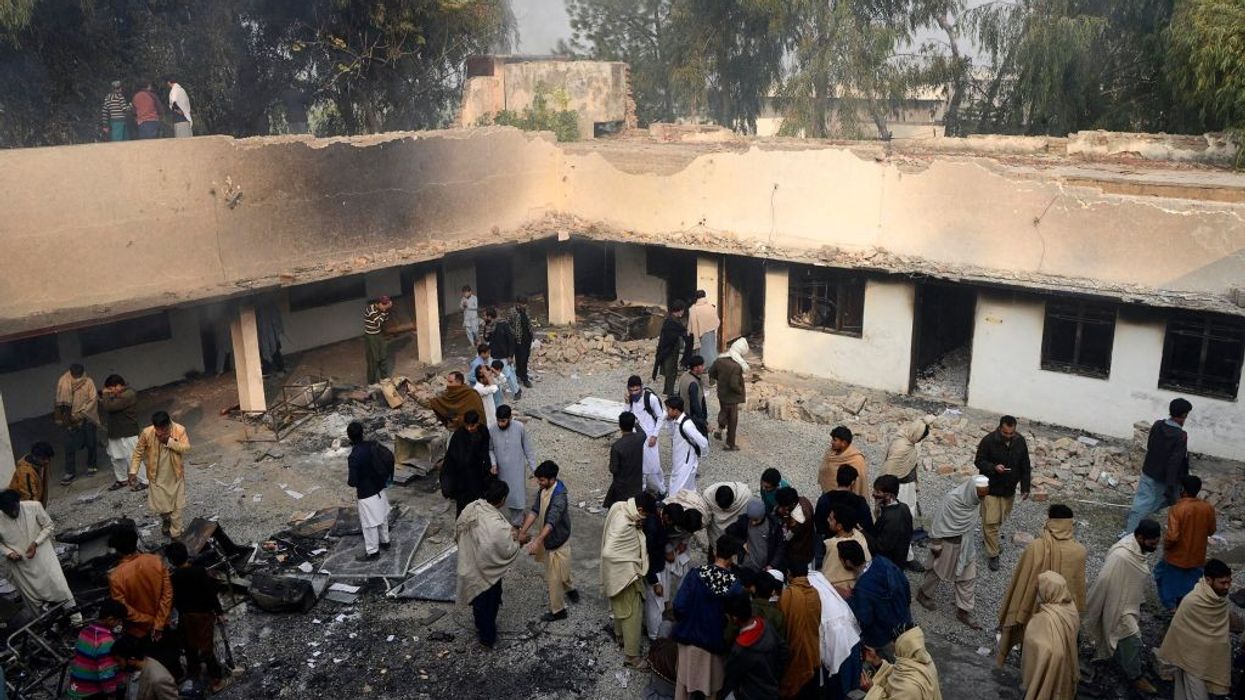A MOB in Pakistan lynched a Sri Lankan national on Friday (3) before burning his body over alleged blasphemy in the country's Punjab province.
Priyantha Kumara, who was in his 40s, was working as the general manager of a factory in Sialkot district, some 100 km from Lahore, a Punjab police official said.
"Kumara allegedly tore a poster of the hardline Tehreek-e-Labbaik Pakistan (TLP) in which Quranic verses were inscribed and threw it in the dustbin. The poster of the Islamist party was pasted on the wall adjoining the office of Kumara. A couple of factory workers saw him removing the poster and spread the word in the factory," the official said.
Hundreds of men, enraged over the incident, started gathering outside the factory from adjoining areas. Most of them were activists and supporters of the TLP.
"The mob dragged the suspect (the Sri Lankan national) from the factory and severely tortured him. After he succumbed to his wounds, the mob burnt his body before police reached there," the official added.
Several videos were circulated on social media showing hundreds of men gathered at the site surrounding the body of the Sri Lankan national. They were chanting slogans of the TLP.
The government of prime minister Imran Khan government had recently lifted a ban on the TLP after signing a secret agreement with it. This was followed by the release of its chief Saad Rizvi and over 1,500 activists accused of terrorism.
Sialkot district police officer Umar Saeed Malik told reporters that a heavy contingent of police has been deployed in the area to control the situation after the lynching incident.
The situation in the area is tense while all factories are shut. No arrests have been made so far, the police added.
Pakistan has strict laws against defaming Islam, including the death penalty. Rights campaigners say they are often used to settle personal disputes in the Muslim-majority country.
A US government advisory panel report says Pakistan used blasphemy laws more than any other country in the world.
Mere allegations of blasphemy have triggered violence against minorities like Christians.
Several persons accused of committing blasphemy have been lynched in recent years.
(PTI)




